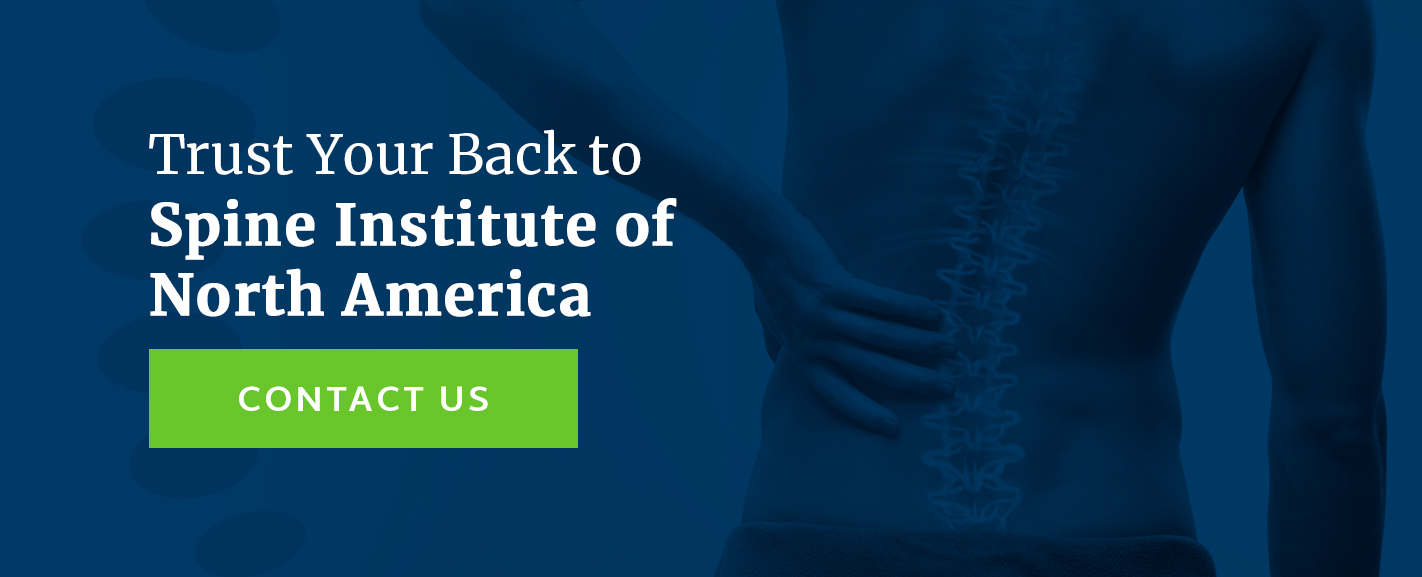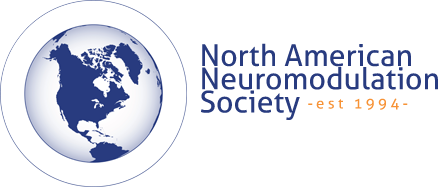Perhaps you’ve gone to pick up your grandchild when they’re begging for you to carry them in your arms. Or perhaps, it was something as small as a pencil that you bent down to pick up and you quite quickly found yourself on the floor in pain. The simple things that you used to do have become exceptionally painful and have limited your mobility and quality of life. You get sharp pains now and feel regular weakness or tingling in your extremities. The odds are that you have a problem with one of the discs that sit between your vertebrae in your spinal column.
There are several different things that can happen to your back that can put pressure on your spinal cord and nerves. Your discs are very sensitive to wear and tear because they support so much of your body weight and movement pressure. This can cause anything from disc herniations to degenerative disc disease. Once you receive a diagnosis as to what problem you’re experiencing with your spine, there are a variety of options that you can pursue in order to relieve the pain and get back to a better quality of life. If you’re given the diagnosis of degenerative disc disease, here at the Spine Institue of North America, located in New Jersey, we want to help you understand that you do have options and that you can find relief with help. It’s important to try and start with more conservative methods of care and move on to surgical intervention after other options have been exhausted. Your doctor will be able to tell you what your prognosis looks like with a variety of therapies so you can make an informed decision about your care.
Pain Management
The most basic treatment option for back pain is to use pain management techniques. This is typically used when the damage is minimal enough that the cause of your pain can heal on its own. This treatment option can include a variety of pain medications and muscle relaxers in order to stop the muscles from tightening down on the nerves. In addition to standard pain medication, treatments can also include things like utilizing hot and cold compresses, massage, or acupuncture in order to manage pain as the disc heals on its own.
Physical Therapy
Physical therapy is another very common treatment for any pain and conditions associated with the spinal discs. Physical therapy helps to strengthen the muscles surrounding the spine. This process then helps to support the spinal column so that less weight is forced onto each disc. This process helps to relieve pain, improve overall stability, and allows the discs to heal to the best of their ability.
Steroid Injections
Epidural steroid injections can help to relieve pain caused by degenerative discs. Steroids are commonly used to relieve inflammation. By injecting a steroid, such as cortisone, directly into the disc space, you’re receiving the medication exactly where it is needed versus a systemic approach. Additionally, if multiple discs are injured, steroid injections performed under fluoroscopy can help to identify exactly which disc is the cause of your pain.
Minimally-Invasive Spine Surgery
If none of the more conservative treatment options help to relieve your pain and help you on a path to better spine health, then minimally-invasive spine surgery may be an option for you. Your doctor will have to check to see if herniation of your degenerative disc is causing excess pressure to be placed on your spinal cord. If this is the case, you may be a candidate for a minimally-invasive discectomy. A discectomy trims the herniated disc tissue that is invading the spinal column space, essentially forcing any severe irritation to stop.
Spinal Fusion
The last, and most drastic option, that a spinal specialist may consider is a spinal fusion. Many different factors go into making the decision about fusion, ranging from age to overall health. All other options have to be exhausted before considering fusing two vertebrae together to alleviate pain. The most important factor tends to be if a fusion is the only thing that will improve your quality of life.
For help with your back and degenerative disc disease, turn to the specialists at the Spine Institue of North America. We specialize in helping you find pain relief with minimally invasive treatment options. Contact us today for more information on our practice.










Leave a Reply